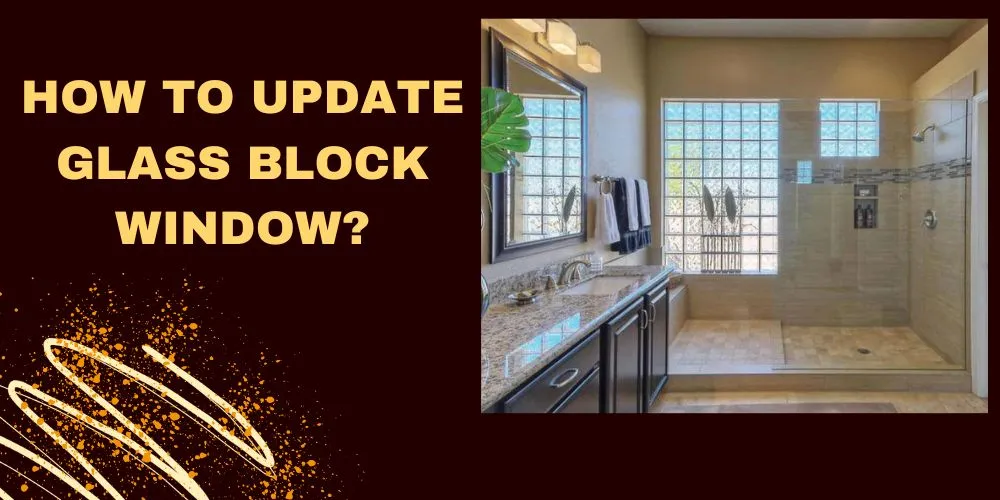Common Problems and Their Causes

Common plumbing problems can arise in any household plumbing system and can lead to significant damage if not addressed promptly. Issues such as leaky faucets, running toilets, clogged drains, and pipe leaks are prevalent in plumbing systems. Other common issues include toilet flush problems and pipe corrosion. It is essential for homeowners to understand the causes of these plumbing issues so they can identify them early, saving time and money while preventing potential water damage.
Additionally, this knowledge ensures that plumbing repairs are carried out efficiently and effectively. Below is a list of common causes of plumbing problems, the problems themselves, and tips for maintenance, along with guidance on when to call professional plumbing services or plumbing contractors.
Signs of Plumbing Issues
Recognizing the signs of plumbing issues is crucial for preventing costly repairs and serious water damage in your home. Some indicators of plumbing leaks and problems in your system include:
Plumbing leaks detection techniques and tools can help pinpoint issues before they become severe.
- unusual water stains
- decreased water pressure
- the sound of running toilets
Additionally, unexplained spikes in water bills and frequent clogs can signal more serious underlying issues. By identifying and addressing these signs early, homeowners can resolve plumbing issues before they escalate into major problems that may require costly replacements. Furthermore, recognizing these signs helps ensure that plumbing fixtures operate efficiently, maintaining proper plumbing flow and capacity.
Identifying Warning Signs

Warning signs of plumbing problems can include fluctuating water pressure, continuously running toilets, and unexpected wet spots on walls or ceilings. These indicators may suggest issues such as faulty valves, leaks, or blockages within the piping system. Burst pipes and persistent water leaks are also critical signs that need immediate attention.
For example, fluctuating water pressure can indicate a buildup of debris or sediment, which reduces efficiency and places additional strain on other fixtures. Similarly, unexplained moisture on walls is often a sign of leaks that, if left unaddressed, can lead to mold growth and structural damage. Using plumbing diagnostics tools can help in early detection and prevent severe damage.
To combat these issues, routine plumbing inspections are essential. Homeowners should consider seeking professional plumbing consultations to conduct regular checks on water heaters, existing fixtures, and drains. Including a plumbing maintenance schedule can further ensure that potential issues are identified and resolved early. Promptly addressing these problems can enhance plumbing efficiency and improve the safety and comfort of the home.
DIY Fixes for Minor Plumbing Problems
Homeowners can effectively address minor plumbing problems through DIY fixes, empowering them to save time and money while enhancing their plumbing skills.
By learning basic plumbing techniques and utilizing common plumbing tools, they can tackle issues like leaky faucets and clogged drains efficiently.
Common issues such as leaky faucets, clogged drains, and slow-running sinks can be resolved with basic plumbing tools and some knowledge. Using plumbing guides and online plumbing resources can help homeowners follow step-by-step instructions to successfully perform these repairs themselves.
Learning and applying DIY plumbing solutions will help maintain the proper function of household plumbing. As they grasp various DIY plumbing techniques, homeowners will not only improve their proficiency with plumbing systems but also boost their confidence in managing home repairs. Additionally, understanding plumbing codes and regulations will ensure that repairs are performed safely and legally.
Step-by-Step Instructions for Repairing Common Issues

DIY plumbing fixes can empower homeowners to address common plumbing issues such as leaking faucets and clogged drains. These repairs are generally not difficult to execute, provided individuals understand the necessary plumbing techniques and have the appropriate plumbing tools for the job.
For instance, to repair a leaking faucet, one would require step-by-step instructions, which typically involve turning off the water supply, disassembling the faucet, and replacing any worn-out parts. Essential tools for these repairs include a wrench, screwdriver, and pliers.
To facilitate plumbing repairs, additional useful tools consist of:
- pipe wrench
- adjustable pliers
- screwdrivers
- plunger
- hose bib
- drain trap
Handy materials such as a bucket, towels, and rags can also be beneficial. It is important to wear safety goggles and gloves to protect against debris and water splashes. Always ensure that the water supply is turned off before beginning any plumbing repairs.
With these DIY plumbing tips, even those with little experience in home maintenance can quickly and easily resolve common plumbing problems. Along the way, they are likely to acquire valuable plumbing knowledge and skills, while also experiencing a sense of achievement from successfully tackling these repairs on their own.
When to Call a Professional Plumber
Understanding when to call a professional plumber is crucial for addressing plumbing issues that may be beyond your expertise. Common situations that warrant a plumber’s assistance include:
- Severe pipe leaks
- Persistent drain clogs
- Emergency plumbing situations where immediate attention is necessary to prevent further damage
Recognizing the limits of your plumbing knowledge and identifying when household systems have become too complex to troubleshoot on your own can help prevent additional damage and save time. It is essential to call a professional plumber when plumbing problems escalate or when advanced troubleshooting is required.
Recognizing When a Problem is Beyond Your Skills

Recognizing when a plumbing problem is beyond your ability to fix is crucial for maintaining a safe and properly functioning home. While many minor plumbing issues can be easily resolved using DIY techniques, some situations necessitate the expertise of a trained plumber. Extensive leaks, significant drainage problems, or emergency plumbing situations can escalate quickly, leading to costly water damage if not addressed promptly and correctly. Understanding plumbing troubleshooting steps can help determine when professional assistance is necessary.
Understanding your limitations and knowing when to seek professional assistance can ensure that plumbing repairs are completed accurately and efficiently from the start.
For instance, consistent low water pressure, unexpected gurgling sounds in the drains, or damp spots on walls and ceilings are indicators of more serious plumbing issues that should be evaluated by a licensed plumber.
To find a trustworthy plumber, it is advisable to research local options and read online reviews to gauge their reputation. Always verify their credentials, including licenses and insurance, to ensure they possess the necessary qualifications to handle the complexities of your home’s plumbing system. Checking for certifications in plumbing standards and ethics can further ensure quality service. This approach will provide peace of mind and help you avoid potential headaches associated with improper repairs.
Preventing Future Plumbing Issues
The importance of preventing future plumbing issues lies in its ability to save homeowners both time and money, while also ensuring the longevity of their plumbing system’s functionality. Plumbing maintenance, including regular checks and immediate repairs, is key to avoiding major problems.
Regular maintenance, which includes assessing and repairing components as soon as problems are detected, is one of the most effective ways to minimize the risk of future issues such as leaks, clogs, and inefficiencies in the water supply system. Regularly using plumbing troubleshooting guides and adhering to plumbing tips can provide additional preventive measures.
Homeowners can benefit from following plumbing tips and practices that help maintain their fixtures and systems in optimal condition. By investing time in prevention, the likelihood of experiencing a plumbing emergency and incurring costly repairs is significantly reduced. Consulting plumbing blogs and forums can also provide valuable advice and updates on plumbing innovations and maintenance strategies.
Maintenance Tips and Tricks
Implementing maintenance tips and tricks can significantly enhance the longevity and efficiency of your plumbing system. Regularly checking for signs of wear and tear, ensuring that water pressure is maintained at optimal levels, and using quality plumbing supplies can help prevent minor issues from escalating into major problems. Understanding plumbing safety precautions during maintenance tasks is essential to avoid accidents or further damage. Stocking up from plumbing supply stores can ensure you have all necessary materials on hand.
By incorporating these maintenance strategies into your routine, homeowners can enjoy a reliable plumbing system and reduce the need for emergency plumbing services. Plumbing warranties can further protect against unexpected failures and associated costs.
To further protect against potential plumbing failures, it is advisable to conduct seasonal checks, particularly before the winter and summer months when extreme weather may affect pipes. Stocking up on essential plumbing supplies, such as plungers, pipe wrenches, and sealants, allows for quick fixes to common issues. It is also wise to inspect the water heater and all visible plumbing fixtures for leaks or corrosion. Ensure that sump pumps are functioning properly to avoid basement flooding.
By being proactive and following these plumbing tips, you can create a safe and efficient plumbing environment that minimizes the risk of costly repairs in the future. Regular plumbing education and plumbing consultations can provide homeowners with valuable insights and keep them updated on the latest plumbing innovations and techniques.


